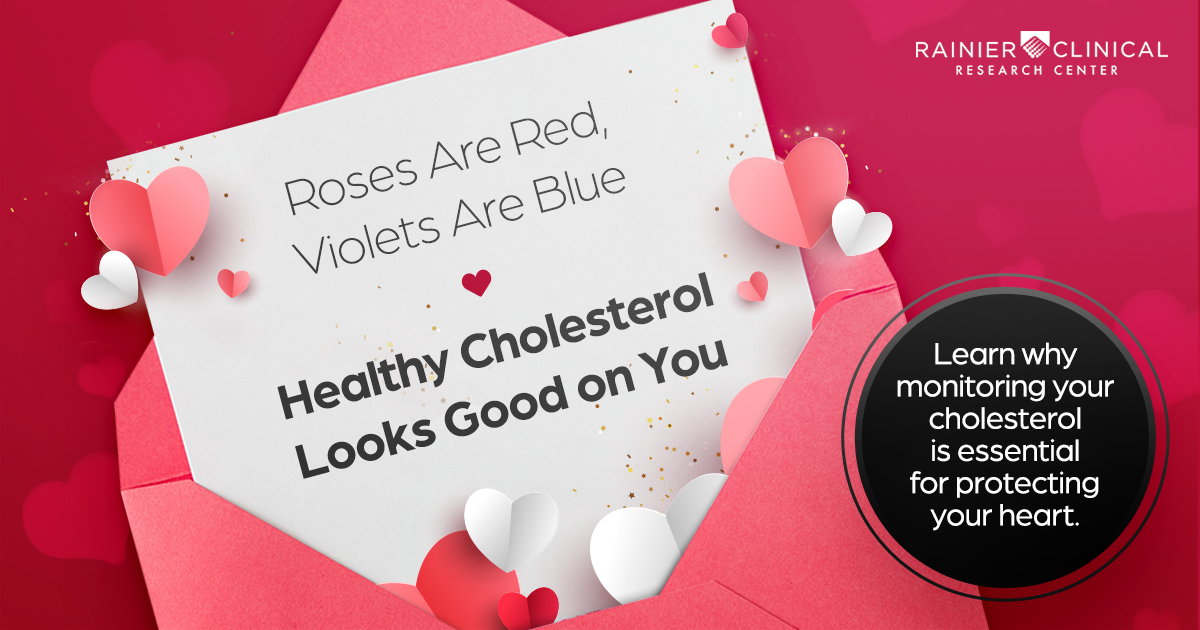

Why We Should All Be Discussing RSV
One would think that with its ability to affect us all, RSV would be something we’d all be discussing. Understandably, it’s easy to dismiss a common virus that most recover from within two weeks, but RSV can be serious for some people. Read our blog to see why we feel so strongly about RSV and why it’s essential for the health of you and your loved ones that you do too!
What is RSV?
Respiratory Syncytial Virus, or RSV, is a prevalent respiratory virus that is spread from person to person through close contact with someone who has the virus. RSV can affect all ages, but children under five and adults over 65 are the most susceptible. It’s important to note that long-term immunity doesn’t occur, so a previously infected person can repeatedly be infected.

Symptoms and Signs
In the United States, peak infection happens from fall to springtime. RSV has a typical incubation period of4-6 days, depending on the patient. The symptoms of RSV manifest similarly to those of a mild common cold with patients experiencing congestion, sneezing, sore throat, and fever. However, if left untreated, RSV can lead to serious health concerns such as:
- Bronchiolitis (RSV is the most common cause of Bronchiolitis)
- Congestive Heart Failure (when the heart is unable to pump blood and oxygen to the body's tissues)
- Chronic Obstructive Pulmonary Disease (a chronic disease of the lungs that makes it difficult to breathe and has severe effects on those 65 and over)
- Pneumonia (infection of the lungs)
For elderly patients sick with RSV, hospitalization is likely, especially if other health conditions are present.
Keeping Loved One's Safe from RSV
RSV is a significant health concern for elderly adults, with many comparing its effects on the body to those of non-pandemic influenza. In the US, it's estimated that RSV is the cause of14,000 deaths each year in adults over the age of 65. Because of this, it's important to practice prevention; here are some steps you can take to stay healthy:
- Avoid eye contact with anyone who is sick.
- Routinely wash your hands and avoid touching your face whenever possible.
- Cover your mouth and nose when coughing and sneezing.
- Disinfect and clean frequently used spaces.
- Stay home when you're sick.
When the risks are so high, it’s hard to believe an RSV vaccine remains undeveloped. Scientists have been attempting to develop one since as far back as 1965. In recent years, developing a safe and effective vaccine seems just within our reach. Still, we will only keep advancing if we keep vocalizing the importance of RSV.

At Rainier Clinical Research, our goal is to facilitate prioritizing your health! For more information on current and upcoming RSV vaccine trials, visit us at Rainier Clinical Research Center or give us a ring at (888) 478 – 8343 with any questions.
We look forward to making medical advances with you and, more importantly, for you!
Resources:
https://www.cdc.gov/rsv/high-risk/older-adults.html#
https://www.nfid.org/infectious-diseases/rsv/


